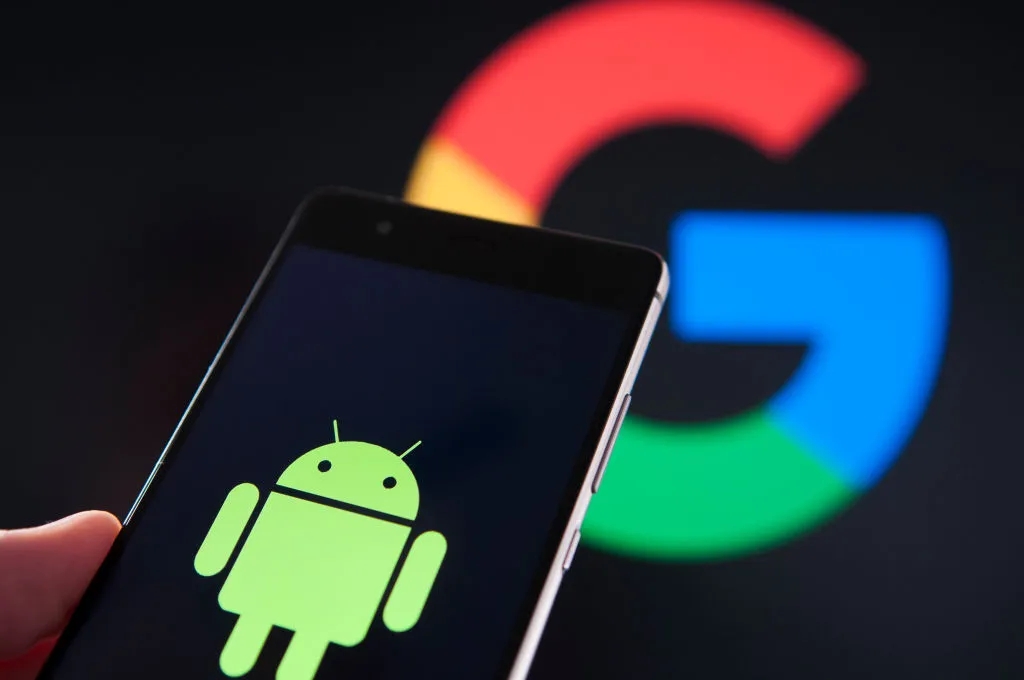Apple has announced plans to facilitate the process of customers switching to Android following the enforcement of the EU Digital Markets Act (DMA) today. Along with allowing alternative app stores, introducing new business terms for EU app developers, and providing mobile browser choice screens, Apple will enhance its data portability options, making it easier for users to transfer data from an iPhone to a non-Apple device.
This new feature is set to be available by fall 2025, as stated by the company in a document outlining Apple’s compliance strategy with the DMA. Apple has managed to mitigate potential financial repercussions of the DMA by imposing new fees on developers wishing to adhere to the DMA guidelines, despite facing criticism from developers.
Aside from addressing the App Store, the DMA also focuses on data portability. Apple’s Data & Privacy website will soon enable users to export their App Store data to authorized third parties. Users can currently transfer iCloud Photos to Google Photos, download various data from Apple apps, and schedule regular downloads of App Store data. The data will be constantly updated to ensure accuracy.
Regarding the transition to Android, Apple has not disclosed many details about the new project but stated that it will assist other mobile operating system providers in creating efficient solutions for transferring data from iPhones to non-Apple devices. While the document does not mention “Android” explicitly, it is clear that Google’s mobile OS will benefit significantly from this system.
Furthermore, a solution for exporting browser data to a new browser on the same device is expected to be available later this year or in early 2025, according to Apple.
Currently, users switching to Android can utilize Google’s “Switch to Android” iOS app to migrate essential content like contacts, calendars, photos, videos, and messages to a new Android device. However, some data may still be missing, and users must disable iMessage to ensure their messages are received on Android. Apple has not specified the improvements their new solution will offer in these areas.


